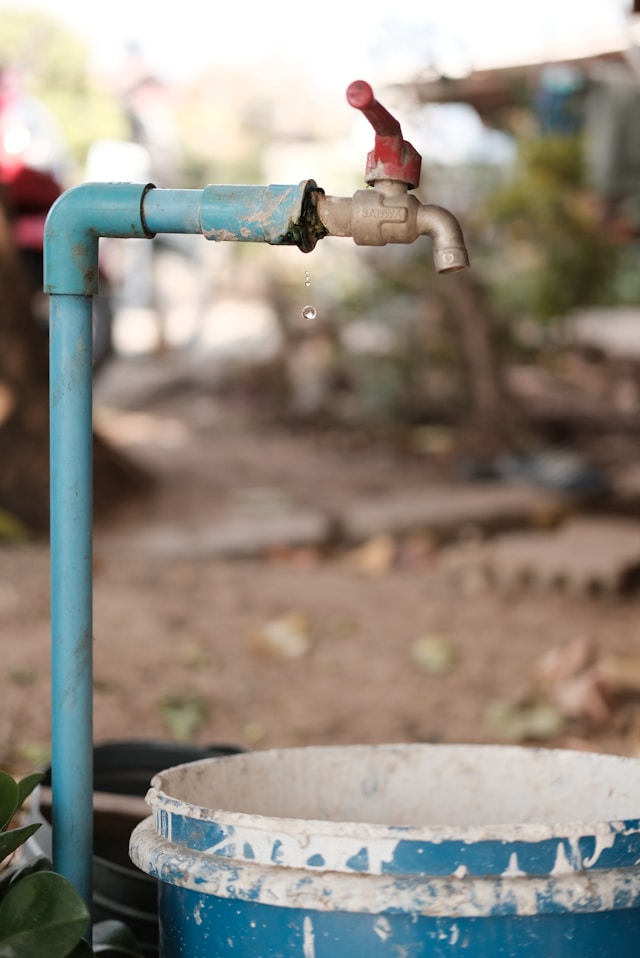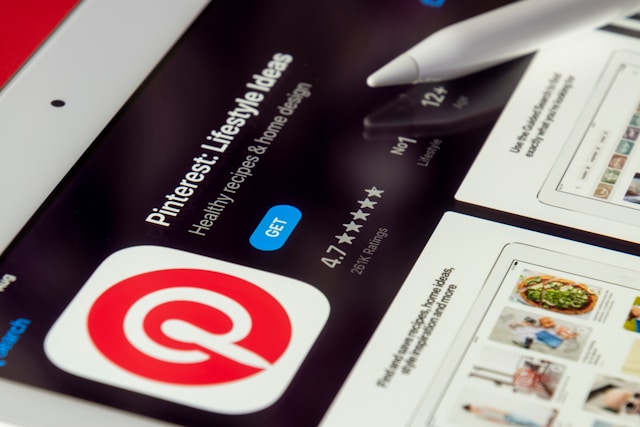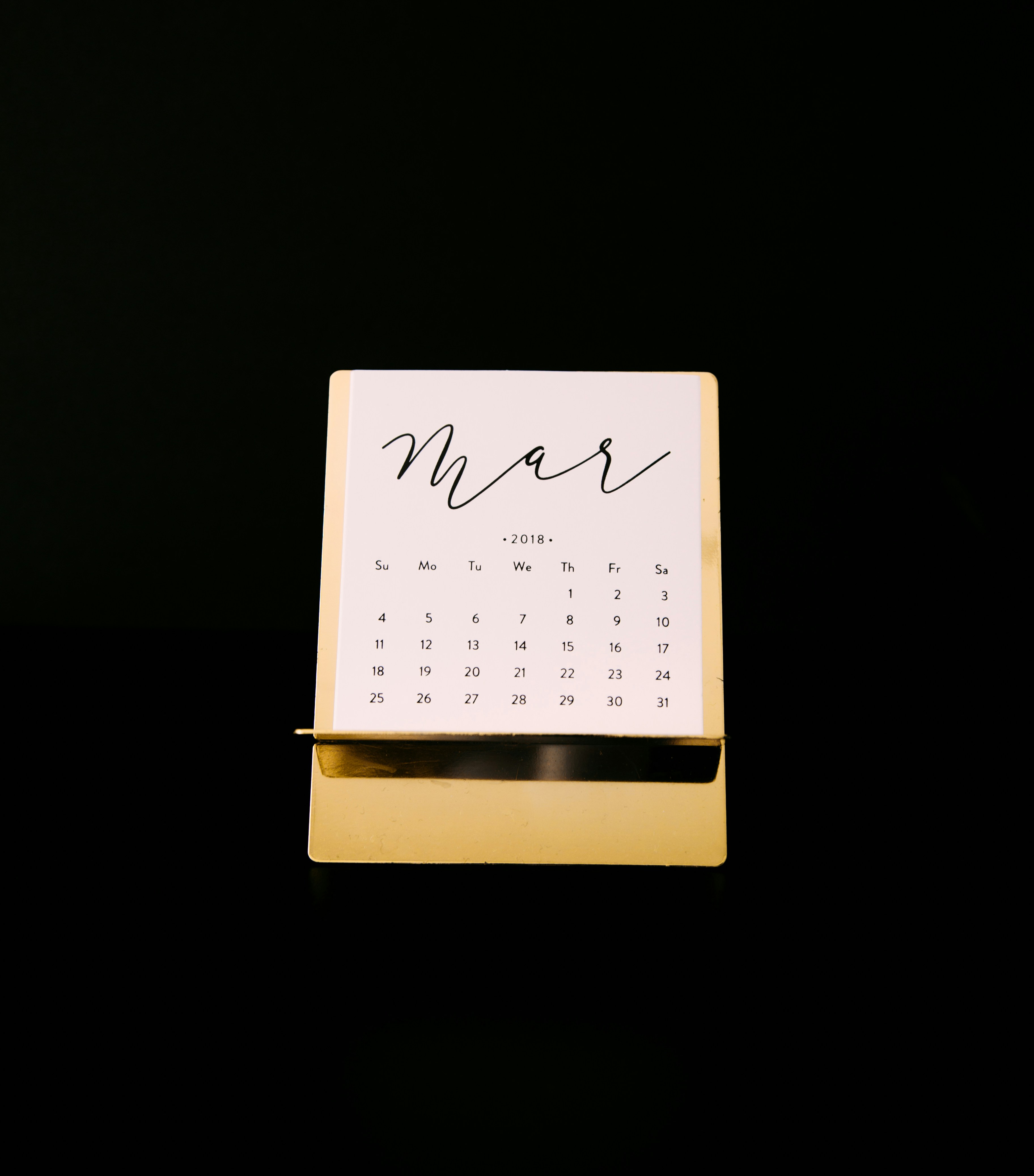Wait.... Is this Relevant?
 I spent the past few weeks in my second home on the mountain. Last Sunday, I came back to Berlin.
I spent the past few weeks in my second home on the mountain. Last Sunday, I came back to Berlin.
When I entered my building, I found a note on my door: There has been a broken pipe, do NOT use the water and do not put anything down the drain.
Wait, what? How am I supposed to live in my flat without water or a working drain? That’s essential for basic human needs.
I looked at the note again, trying to figure out when it was put up, it could have been anytime between early May and Sunday, May 18. But there was no date.
Since my neighbors were home, I guessed that it probably was old. How would they cope with 2 kids and no water?
I said to myself: Hell, they could have been clearer in their message, go for it - and used the bathroom.
And that is when it dawned on me: I have faced this same frustration with online content so many times. Looking for an answer to a problem and no idea if the information I find is up to date.
Here is an example:
Pinterest changes how they treat hashtags back and forth - and no, I don't know if they are a thing right now or not. But there was a time when I tried to find out. I found blog posts about this topic - a lot. But they did not answer the question I had, because they were not dated. You can find both answers:
- use hashtags
- don't bother about hashtags
 Both have been true at one point in time.
Both have been true at one point in time.
The only relevant answer would be: As of May 2025, do or do not use hashtags on Pinterest - but that is hard to find.
(If I should guess, I would say, all social networks are cutting back on the importance of hashtags, so don't bother)
I am aware that dated content can grow old fairly fast. From a SEO point of view, you should not date your content in URLs or Titles and avoid time-sensitive phrases like 'yesterday', 'Last week' or similar.
But search engines have a good reason to focus on newer content. They aim to provide content that is helpful for the searcher - and outdated content is not.
Instead of trying to game the system by hiding the date, honor what the algorithm is actually trying to do: surface the most helpful, relevant content. That means updating old posts or clearly adding timestamps when new info is added.
You should also be clear about the updates. There is nothing wrong with stating 'This article was first published on DATE but updated with new data and information on DATE.' - That is the most honest way to handle this.
 Dates are also a problem with information from AI - and you should be aware of this.
Dates are also a problem with information from AI - and you should be aware of this.
I like using AI to do some background research or look for statistics and studies around a topic I am looking into. And with the right prompt, they usually provide very well-fitting statistics. But if you ask for a source or try to dig deeper, the source is often not to be found or the data is from decades ago and no use at all.
For the audience, the date of the information is often at least as important as the author. It decides between useful and a waste of time.
When you are looking for information that is not evergreen, always look for a date. When you create content, be honest with your audience and tell them when the content was created.
You will make your audience happy and build trust.
Being vague or hiding crucial info isn’t a great way to build trust—with your audience or anyone else.
Happy weekend,
Susanna
5/29/2025
PS: If you want to know more about updating your existing content, check out my blog post: ==> Why and How to Update Old Blog Posts






